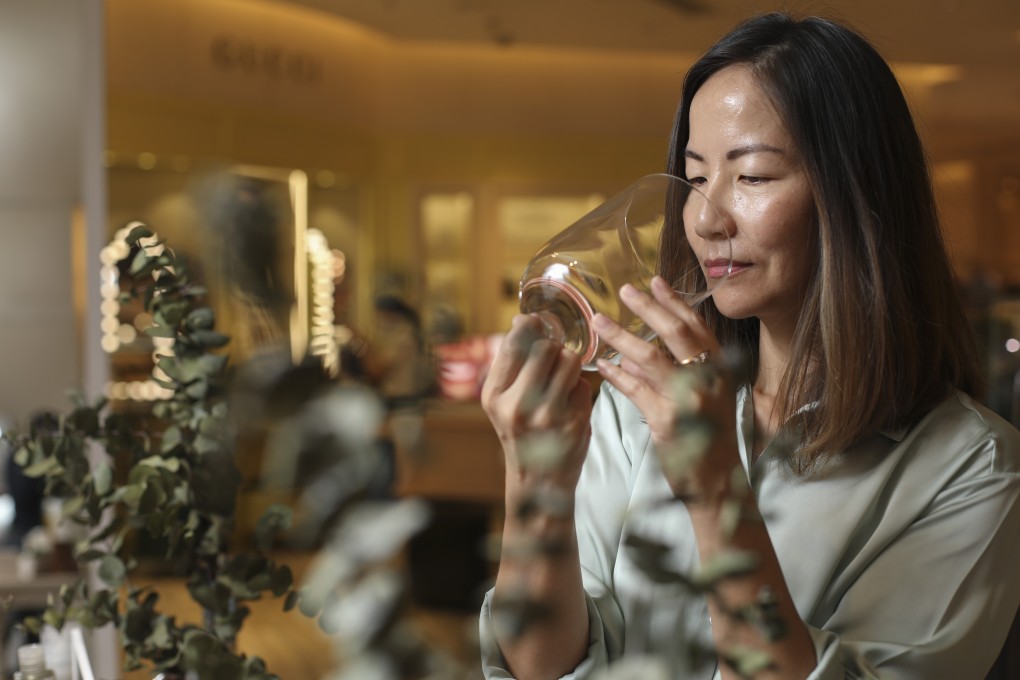Essential oil diffusers, scented candles, bath oils, tailored aromas: how smell has become so important to us after coronavirus
- Companies dealing in scents report a surge in interest as people try to get away from Covid-19 odours such as stuffy homes, mouldy shops and sanitised hands
- Scents can trigger emotions, says one insider who used a peppermint fragrance in hand sanitiser to increase its use in a school

Musty. Dank. Sharply antiseptic. Covid-19 has left not just a trail of misery and illness, but lasting memories of its smells: of sanitisers and antibacterials, of mouldy shops left locked up for too long, of stuffy homes filled with too many people working, learning, surviving.
So people everywhere have turned to fragrances to banish such memories – from warm, woody scents that evoke comfort to the crisp clean aromas of citrus and herbs to set a new direction.
The sense of smell is powerful and often underrated, able to change mood, evoke emotion and bring memories to life with an unexpected whiff of a long-forgotten fragrance: the frangipani of childhood holidays, or the lavender once used in grandmothers’ potpourri.
Covid-19 can kill or damage the human sense of smell, mostly on a temporary basis. A meta-analysis published in February in the British Dental Journal in Practice found an overall alteration in the sense of smell was found in nearly half of all virus patients. A deterioration in the sense of smell has been linked to Covid-19 from the early days.

03:04
Fragrance expert helps recovered Covid-19 patients regain sense of smell
Many people have been profoundly upset to realise their sense of smell has died or been damaged, leaving their understanding of scents skewed: instead of a banana, say, they smelled toast. Some resort to smell training, as recommended by researchers, in an effort to rejuvenate this important sense that is so vitally connected to taste – people who can’t detect aromas usually can’t taste much either.
For all these reasons – pandemic and otherwise – the sense of smell is finally coming into its own, says John Paulo Hui, founder of bespoke Hong Kong perfumery Artisenses.